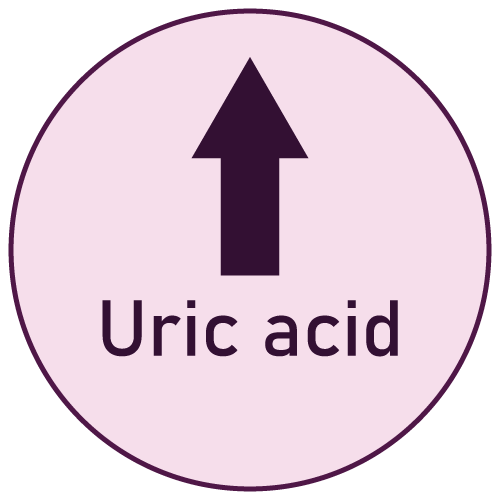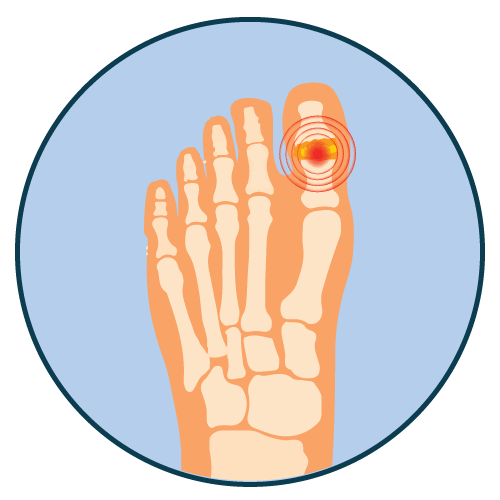| Name | Pyrazinamide |
| Classes |
Antiinfective Agent Antituberculosis Agent |
| Diseases |
Infectious Disease TB (Tuberculosis) |
Pyrazinamide
Pyrazinamide is an antimycobacterial drug that belongs to the class of pyrazine analogues. It works by disrupting the bacterial metabolism of Mycobacterium tuberculosis, the causative agent of tuberculosis, leading to its destruction.
Pyrazinamide is indicated for the treatment of active tuberculosis in combination with other antituberculous drugs. It is not recommended for use as monotherapy due to the risk of developing drug-resistant strains of tuberculosis.
- Pyrazinamide should always be administered with other effective antitubercular drugs.
- The recommended dosage of pyrazinamide for adults and children is 15-30 mg/kg/day, given orally once daily. The maximum daily dose should not exceed 2 g. Pyrazinamide should be taken on an empty stomach, at least one hour before or two hours after meals.
The most common adverse reactions associated with pyrazinamide include:
- Gastrointestinal disturbances, such as nausea, vomiting, and abdominal pain
- Hyperuricemia and gout
- Hepatotoxicity
- Photosensitivity and rash
- Arthralgia and myalgia
- Anorexia and weight loss
- Pyrazinamide should be used with caution in patients with hepatic impairment, as it can cause hepatotoxicity. Liver function tests should be monitored periodically during treatment.
- Pyrazinamide can cause hyperuricemia and gout, particularly in patients with a history of these conditions. Serum uric acid levels should be monitored regularly during treatment.
- Pyrazinamide can cause photosensitivity and rash. Patients should avoid excessive sunlight or use protective clothing and sunscreen when exposed to sunlight.
- Pyrazinamide should be used with caution in patients with a history of alcohol abuse, as it can exacerbate liver damage.
- Pyrazinamide should not be used in patients with severe renal impairment or gouty arthritis.
Contraindication
Pyrazinamide is contraindicated in patients with hypersensitivity to the drug or any of its components.
None known.
 Bangla
Bangla English
English





